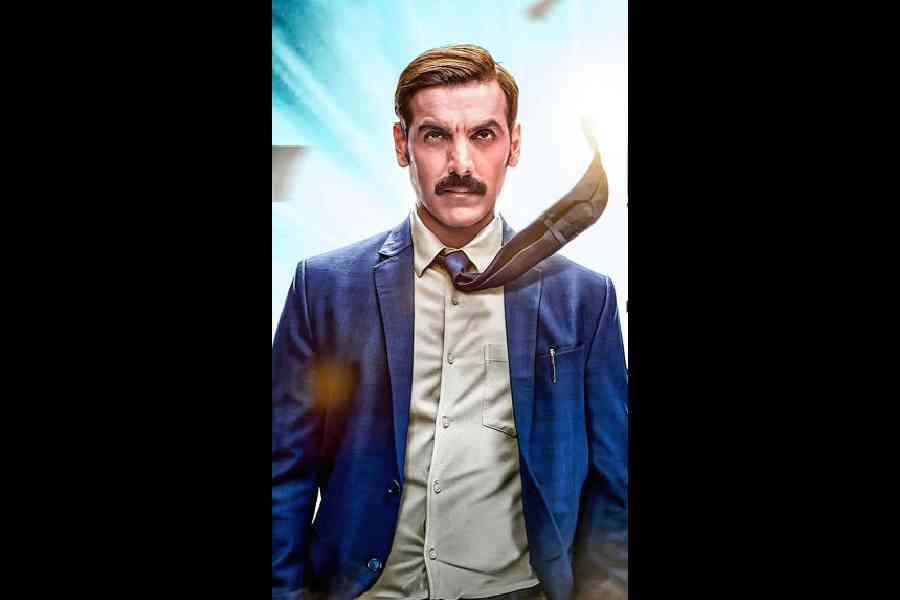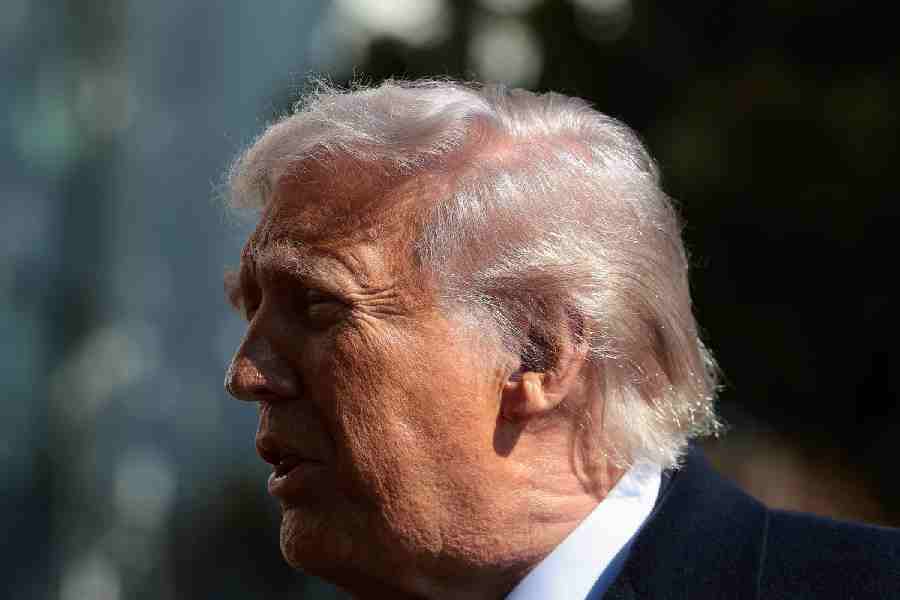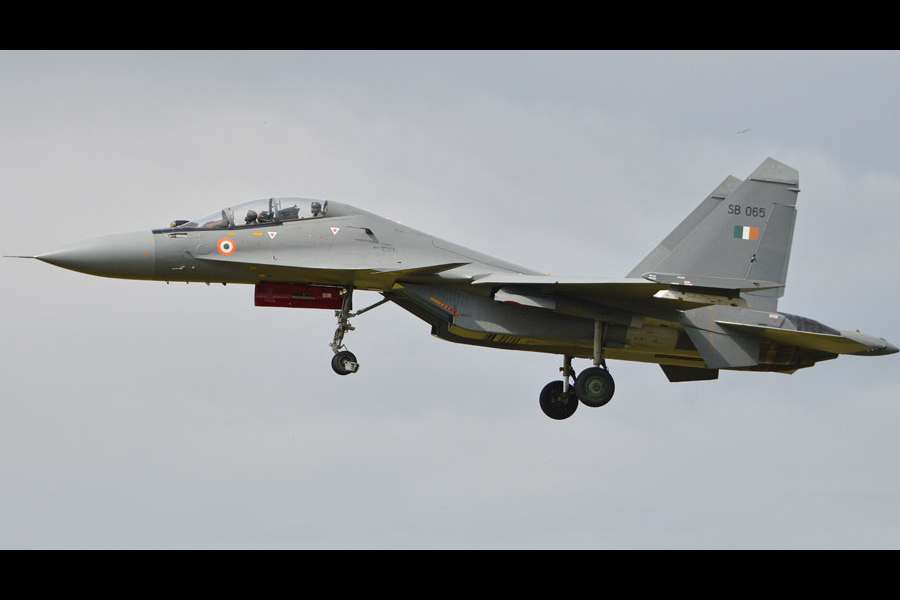In The Diplomat, running successfully in theatres, John Abraham plays the real-life character of J.P. Singh, a diplomat who plays by the rules — and sometimes bends them — in order to rescue an Indian woman named Uzma (played by Sadia Khateeb) from a Pakistani man who lures her to the country on the pretext of marriage and then proceeds to abuse her.
In a bid to escape, Uzma seeks refuge at the Indian Embassy in Islamabad, with J.P. Singh being the High Commissioner then. It is a tussle that spirals into a diplomatic crisis with Singh attempting to navigate the complexities of international diplomacy, Pakistan’s legal systems and pressure from both the Indian and Pakistani governments.
The Diplomat, released last month to positive reviews, has breached the ₹30-crore mark and continues to draw in crowds. t2 caught up with director Shivam Nair — the man who has helmed spy thrillers like Special Ops and Naam Shabana in the past — for a chat.
Congratulations for The Diplomat! The reviews have been good and so have the box-office numbers, which is a rare thing nowadays...
The reception has been extremely positive. But the kind of feedback I have got for the film hasn’t really translated into the kind of box-office numbers we should have had. Yes, it has been on the rise, it is slow but it is steady. There has hardly been a drop in the collections.
But then I have spoken to a few people who say that they are craving to watch it, but that they would rather wait for the film to come on OTT. Some people who are influenced by reviews have gone to the theatres. There has been a change in the way in which audiences consume films now. There are some who go to theatres largely for the big-screen experience that films like Pushpa and Chhaava promise. On OTT, they wait for films with a strong storyline, like The Diplomat.
What triggered the idea of The Diplomat?
In 2017, when Uzma (Ahmed) first came to India from Pakistan, producer Jatish Verma bought the rights to her story and spoke to me. I told him that I wanted to meet her. Uzma came down to Bombay from Delhi and she narrated the story of what happened to her and what the situation in Pakistan was like. After speaking to her, I got even more interested in finding out who was instrumental in rescuing Uzma and bringing her back to India. They brought up the name of J.P. Singh, who also came to Bombay and narrated his portion of the story.
At that point, I realised I had two stories — one was that of a young girl who had been emotionally manipulated and the other of a diplomatic resolution that actually played out like a thriller. We got Ritesh Shah to develop the idea and write the script.
Was there any aspect of this story in particular that caught your attention the most?
I was quite taken in by Uzma’s story. The idea that even educated young women can fall into a trap like this is quite unbelievable, but we do hear many instances of it happening, even around us. The Internet is fostering this even more since most of these women are lured online.
Considering that it is based on India’s recent political past, what were the biggest challenges of making this film?
To be honest, in the beginning, I thought this would be a relatively easy film to make. But the more I became aware of the world of diplomacy and learnt about diplomats, I realised that I couldn’t make this as an out-and-out commercial film... I had to root it in realism and stick to the truth of the story in as best a way as I could. While developing the film, we came to know how closely Sushma Swaraj (former external affairs minister in the Narendra Modi government) was involved in this case, and that added a new dimension to the film.
What makes John Abraham the right choice for the role?
When I met John, I realised how aware he is of the world, especially about current affairs and geopolitical intricacies. I knew he was the right choice there and then. The only thing he had to do was work on his physicality since he is larger-than-life and J.P. Singh is a very normal-looking person.
Also, J.P. Singh is a very sharp and intelligent man. When I first met him, as we kept speaking, I was aware that he was continuously scanning me. I told John that he would have to make his eyes do a lot of the talking, the way J.P. Singh does. I was very happy with how quickly and easily he grasped the character.
In order to cater to the overriding sentiment of nationalism, many films of this genre fall prey to jingoism. The Diplomat doesn’t. How did you not fall into that trap? Did you always know that you would make a film that didn’t feel and sound jingoistic?
I always knew that I wanted to make this film as a human story of this girl. This story could have happened in Nepal, Bangladesh or Singapore... whatever the setup, I would use the same approach to tell this story because humans are universal. This film is not directed at any particular country. I also wanted to show the human side, the vulnerable side of who we consider to be hard-nosed diplomats. That was ingrained in the writing of The Diplomat from the first day and I am happy how it came together in the end.
Given the kind of work you have done in the past, does the spy/ geopolitical thriller genre attract you the most?
Yes. I like making films that are set in the semi non-fictional space and are drawn from real life. You will find that in both Naam Shabana and Special Ops, as well as in an earlier film of mine called Mukhbir (which translates to ‘informer’/ ‘spy’). Even the newer projects I am working on are based in the same space.
Any favourites in the genre?
I recently watched Manjummel Boys (2024) and loved it. It is definitely not a spy film, but it is a thriller and, more importantly, a story about humanity.











